Cafcass Customer Satisfaction Survey 2017
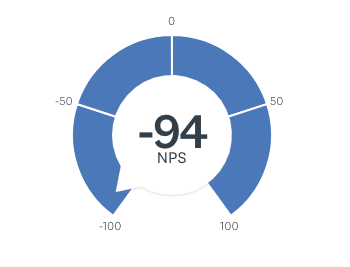
Cafcass publish an Annual Report every year in which they often make statements about the numbers of compliments that they have received alongwith glowing testimonials from service users, especially children, on how great they are.
This jars with the responses and emails we receive daily here at the Voice of the Child where most (all) service users we encounter portray a Cafcass that is out of touch, untrained, and deeply ingrained with prejudice and a lack of respect for the parents and children involved in their cases.
So…
We’ve been running our own Cafcass Family Law Survey for the last few months to help us understand what people really think about Cafcass and their experiences with FCAs at home and in the Family Courts.
We plan to run this every year so to take part please sign up for our newsletter and you’ll receive an invite when next year’s survey opens
Demographics of Survey Respondents 2017
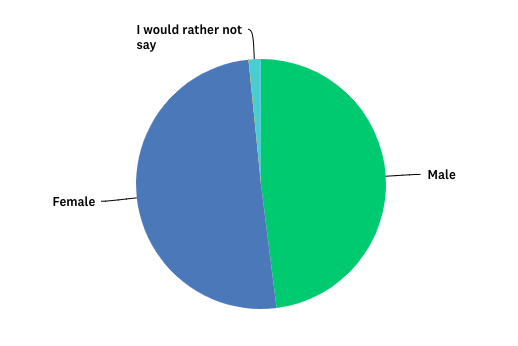
Male: 48.03%
Female: 50.39%
Resident Parent: 34.48%
Non-Resident Parent: 54.31%
Other (incl a parent who is both Resident and Non-Resident): 11.21%
Let’s start with the Cafcass Net Promotor Score (“NPS”)
How likely is it that you would recommend Cafcass to a friend or colleague?

Ouch!
Overall, are you satisfied or dissatisfied with your experience using Cafcass?
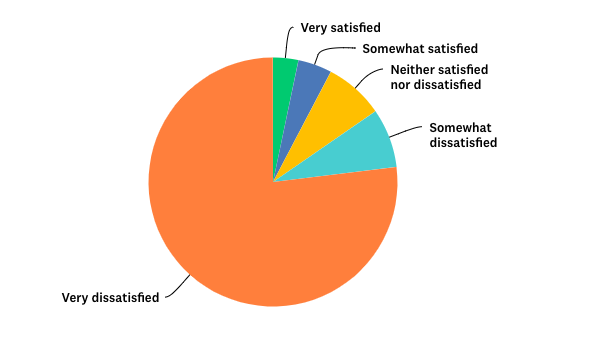
Very satisfied: 3.30%
Somewhat satisfied: 4.40%
Neither satisfied nor dissatisfied: 7.69%
Somewhat dissatisfied: 7.69%
Very dissatisfied: 76.92%
How responsive have Cafcass been to your questions or concerns?
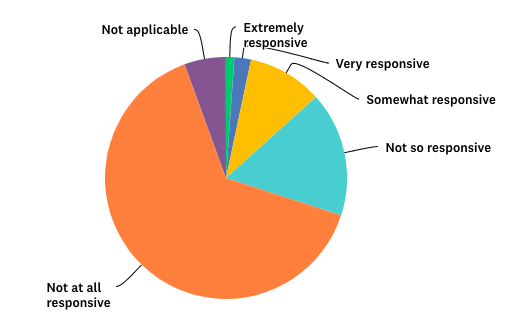
Extremely responsive: 1.11%
Very responsive: 2.22%
Somewhat responsive: 10.00%
Not so responsive: 16.67%
Not at all responsive: 64.44%
To what extent does Cafcass care about your individual situation?

A great deal: 1.10%
A lot: 1.10%
A moderate amount: 8.79%
A little: 8.79%
Not at all: 80.22%
How well did Cafcass understand your questions and concerns?
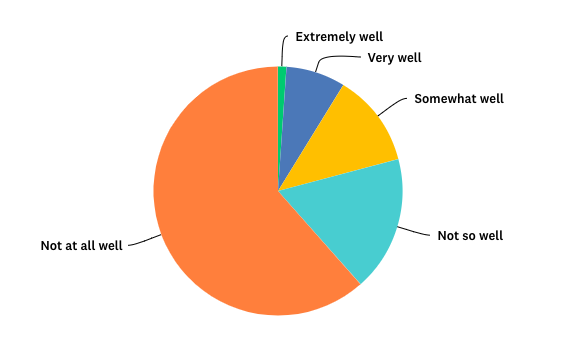
Extremely well: 1.10%
Very well: 7.69%
Somewhat well: 12.09%
Not so well: 17.58%
Not at all well: 61.54%
Overall, how would you rate the quality of your experience with Cafcass?
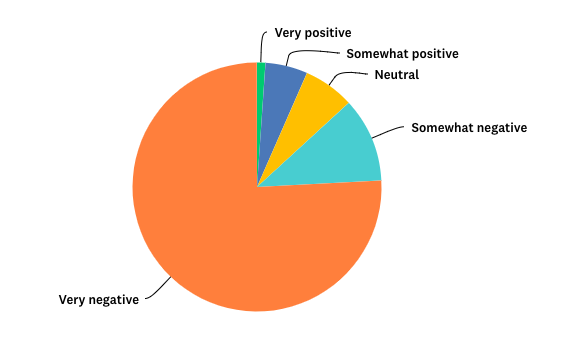
Very positive: 1.10%
Somewhat positive: 5.49%
Neutral: 6.59%
Somewhat negative: 10.99%
Very negative: 75.82%
Overall, how satisfied or dissatisfied are you with your Cafcass Family Court Advisor?
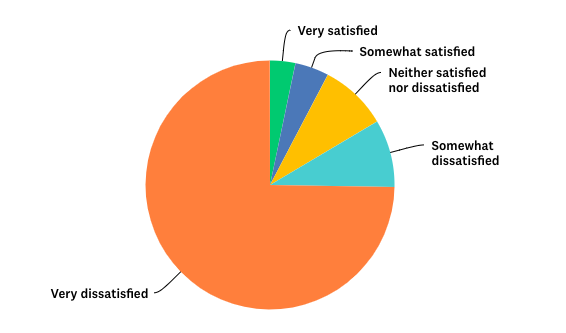
Very satisfied: 3.30%
Somewhat satisfied: 4.40%
Neither satisfied nor dissatisfied: 8.79%
Somewhat dissatisfied: 8.79%
Very dissatisfied: 74.73%
A question of Trust
We also asked respondents how they felt about trusting Cafcass. Trust is an important thing after all. Without trust that the support services around family law and the professionals involved will do thier jobs properly the whole system starts to fall apart.
Trust in Justice is the cornerstone of Family Law.
How much DID you trust Cafcass and your Cafcass Family Court Advisor to write a report in the best interests of your children before they wrote their report?
26% of respondents said that before Cafcass produced their report, they trusted them completely or mostly trusted them. 44% didn’t trust them at all and 10% were suspicious or didn’t know whether to trust Cafcass.
If you have now received a report from Cafcass… How much do you NOW you trust Cafcass and your Cafcass Family Court Advisor to write a report in the best interests of your children?
Once Cafcass had produced their report 85% of respondents said they no longer trusted Cafcass at all or didn’t trust most of what Cafcass had written!
Cafcass Failing Children and Families 2017
These survey results are a damning indictment of Cafcass and of the leadership of Cafcass.
In their annual report for 2016-17 Cafcass say they received 988 complaints and 427 compliments. We’ll leave it to you to judge whether their annual report, prepared for Government, is an accurate reflection of Cafcass performance, and whether Cafcass are fit to continue to represent children within Family Law.
In a Family Law system designed for combative parents there is no real allowance for the views of children and any understanding of how Family Law ultimately impacts on children most of all.
We speak for the children in Family Law so that, finally, the children have a voice.